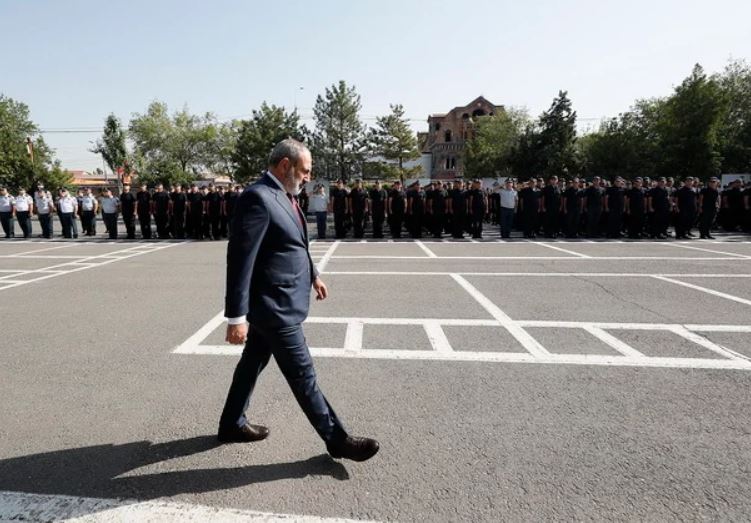Politicians are always faced with the dilemma of saying what will bring dividends at the moment, but will harm the long-term interests of the state, or what may cause dissatisfaction in the domestic audience, but will be needed in the future in terms of important state interests. Of course, as in many other cases, the sense of proportion must be maintained here because if your society does not understand you at all, then you will not be able to implement the programs that you consider important for the state. In that sense, of course, Levon Ter-Petrossian was an “extremist of anti-populism” who seldom came into contact with the public during his presidency and, at a crucial moment in the fall of 1997, failed to convince citizens of the truth of his chosen path. As a result, the rare period in the history of our people, when we were able to liberate certain territories instead of surrendering them, was successfully described as “cold-dark” years by the efforts of its opponents.
But the champion of populism, of course, is Nikol Pashinyan, who speaks exclusively to play on the feelings of his electorate, which is more dangerous than the “anti-populism” described above. For example, in order to reassure thousands of citizens who like him, he actually admits that the 21-kilometer section of the Goris-Kapan highway belongs to Azerbaijan.
The meaning of what is said is: “everything is OK, everything is normal, Azerbaijan has the right to do whatever it wants on that road, including stopping our or Iranian cars.” But from the point of view of the negotiating position, it is a gross mistake that allows the other side to use it. The right should be kept and then used in diplomacy and on the battlefield, not handed over to justify oneself to one’s own people without receiving anything.
But for the next decades of our state, perhaps more important are the claims of the government about the Armenian army, which, of course, are again made to blame the defeat on the commander-in-chief of the armed forces.
Read also
Meanwhile, I am convinced that in 30 years we have managed to create an efficient army, of course, with shortcomings, arbitrariness, and corruption. That army is still fighting, and most of our problems are in the political sphere, not the military sphere. To flatter the feelings of our own electorate, to actually say that we did not have an army, that it was a collection of thieves and robbers, means to throw stones not at the past, but at the future. All the officers of the army are robbers, all the scientists are cannibals, all the cultural figures are “servants of the former regime,” all the professors are bribe-takers, all the teachers are illiterate, and this is the core of the current government’s propaganda. In my opinion, this propaganda is anti-state.
Aram Abrahamyan




















































